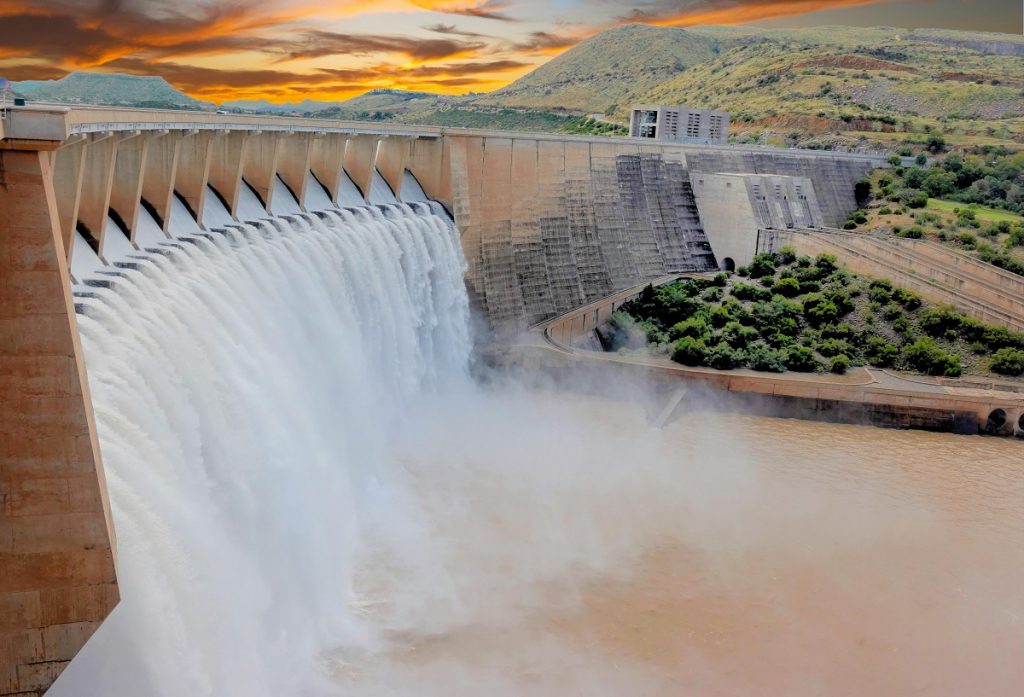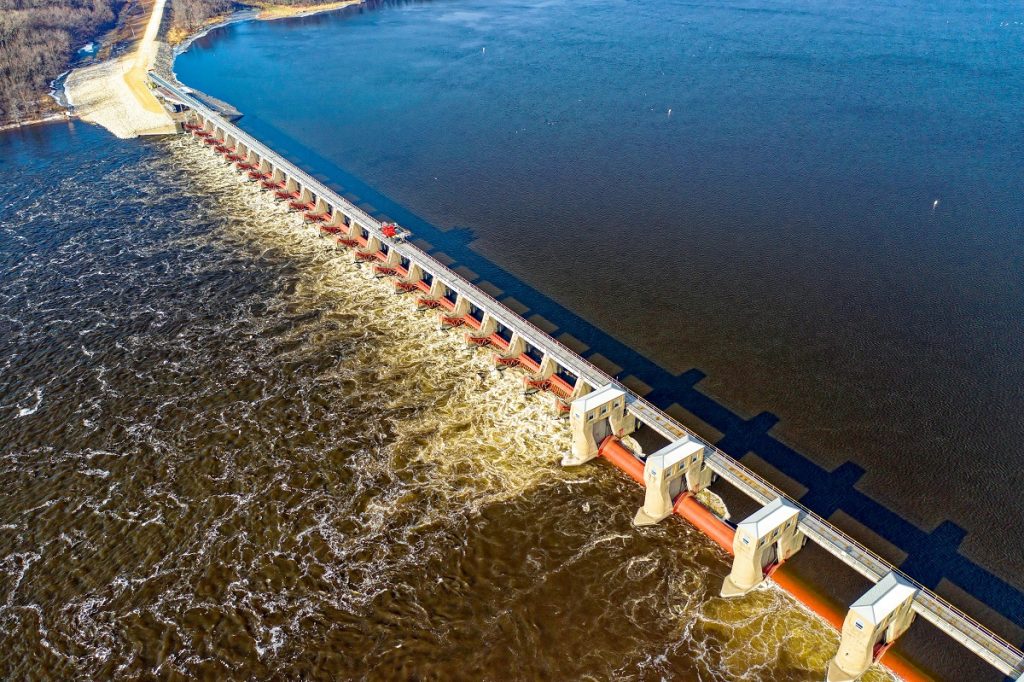

- Water is essential for life, economies, and ecosystems, making preservation and protection crucial.
- Effective water management requires collaboration between government bodies, non-profit organizations, private sector innovators, and citizens.
- Sustainable water use through technologies and personal efforts is necessary for long-term water security.
- It is the responsibility of the public to support water management initiatives and adopt sustainable practices.
Water, Earth’s most precious resource, is becoming an increasingly critical asset in the modern tale of urban development and climate change. Our communities face many water-related challenges, from floods and pollution to scarcity and infrastructure deterioration. Here, the intervention of water management experts becomes vital in steering our cities and towns toward a sustainable, safe future.
The Growing Need for Advanced Water Management
With the global population on the rise and more and more individuals flocking to urban centers, the need for advanced water management has never been more pressing. The expansion of cities can strain local water supplies paving over natural watersheds, creating new surfaces impermeable to rain, and exacerbating flood risks. Climate change further adds to the complexity by intensifying weather patterns, leading to more frequent and severe droughts, storms, and rising sea levels.
All these factors require sophisticated and adaptable water management strategies that can guarantee safe access to water, protect against natural disasters, and sustain the ecological balance of our water systems.
Critical Areas of Focus in Water Management

To comprehensively safeguard communities, water management must address four key areas:
1. Professional Stormwater Management
Stormwater, the runoff from rainfall or snowmelt that flows over land, can often become a menace if not controlled properly. Expert stormwater management aims to direct this water away from vulnerable areas, prevent flooding, and reduce pollution that it can carry. This is achieved through engineered systems that slow down and treat stormwater, such as green roofs, permeable pavements, and retention ponds.
2. Flood Mitigation Strategies
In the face of climate change, flood mitigation can no longer be a mere reaction but a proactive and ongoing process. Water management professionals develop strategies like land-use planning to maintain natural floodplains, the erection of levees and other flood barriers, and the establishment of community plans that ensure swift evacuation and recovery.
3. Enhancing Water Quality
The continuous improvement of water quality is paramount for the health of communities and ecosystems. It involves the diligent operation of water treatment facilities, the implementation of strict pollution controls, and constant monitoring and maintenance of waterways.
4. Promoting Sustainable Water Use
Long-term water security hinges on the sustainable use of water resources. This includes innovative technologies like desalination plants and the day-to-day efforts – such as reducing personal water waste and using water-efficient appliances – that all contribute to the preservation of water.
5. Reclaimed Water: A Sustainable Solution
Another emerging strategy in professional water management is the use of reclaimed water. Reclaimed or recycled water is treated wastewater purified to a level safe for beneficial uses such as irrigation, landscape maintenance, and industrial processes. This sustainable solution reduces strain on potable water resources and can also help mitigate issues with stormwater runoff.
The Role of Collaboration in Effective Water Management

Effective water management cannot be the job of a single entity. It requires the orchestration of efforts from multiple stakeholders – government bodies, non-profit organizations, private sector innovators, and engaged citizens. Collaboration across these groups ensure s various advantages, such as:
- The sharing of knowledge and expertise: When more people are involved in water management, more ideas and solutions can be generated. Collaboration allows for the exchange of information and best practices, leading to better decision-making.
- Increased efficiency: When different organizations work together towards a common goal, tasks can be divided and completed more efficiently. This leads to cost savings and maximizes resources.
- Enhanced problem-solving: With diverse perspectives at the table, issues related to water management can be viewed from different angles and solutions can be crafted with a holistic approach.
- Community engagement: Collaboration fosters community involvement and empowers individuals to take action toward sustainable water management practices. This results in a more engaged and responsible citizenry.
Final Thoughts
The days of taking water for granted are long gone. Water, essential for life, is also fundamental for our way of living, our economies, and our ecosystems. To ensure its preservation and protection, we must rely on the innovative, professional solutions offered by experts in the field of water management. As a general public, we are responsible for supporting these initiatives and adopting sustainable water practices in our daily lives. It is only through a concerted effort that we can guarantee a resilient and livable future for our communities.



